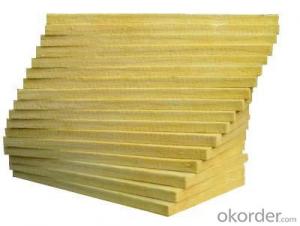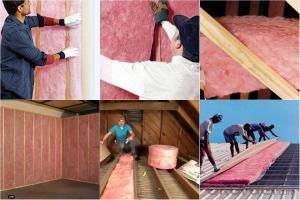Fireproof Glasswool / Glass wool insulation
- Loading Port:
- Tianjin
- Payment Terms:
- TT OR LC
- Min Order Qty:
- 5000 m²
- Supply Capability:
- 20000 m²/month
OKorder Service Pledge
OKorder Financial Service
You Might Also Like
1.Description of Glass Wool Blanket:
It is widely used for heat insulation and sound absorption in industrial workshops, Prefab houses, Portable cabins, warehouses, public facilities, exhibition centers, shopping malls, and a variety of indoor playgrounds, sports stadiums and etc.
Glass wool, which belongs to glass fiber , is a kind of man-made inorganic fiber. It is made from fibrosis glass melt in wool shape, which belongs to inorganic fiber and fiber in its chemical ingredient. Its merit is better in shape, low density and volume, low in thermal conduction, better heat preservation and thermal insulation, fine sound absorption, corrosion-resistant and stable chemical property. Glass wool blanket, glass wool board, glass wool pipe, which made from glass wool, largely use in construction, chemical, electronic, electricity, metallurgy, energy industry and community with good performance in heat preservation, heat insulation, sound absorption.
2.Main features of Glass Wool Blanket:
h): Hydrophobicity
Hydrophobicity glass wool in panel wall bears 99% Hydrophobicity rate. It can easily get dry naturally, which ensure its long-term heat preservation perporty.
i): Light in weight
Glass wool bears good heat preservation and soundproofing property. It’s low density product can meet energy saving requirement. Thus it helps to decrease the weight of building and makes the construction more expedite.
k): construction and installation property
Glass wool, with slender fiber and no dregs, can avoid the scuffing or pruritus irritation.
3.Glass Wool Blanket Images:
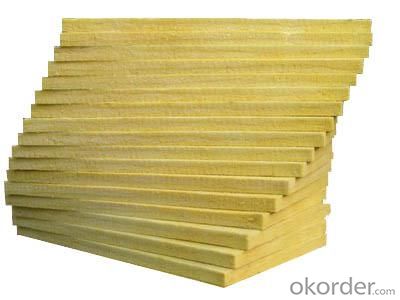
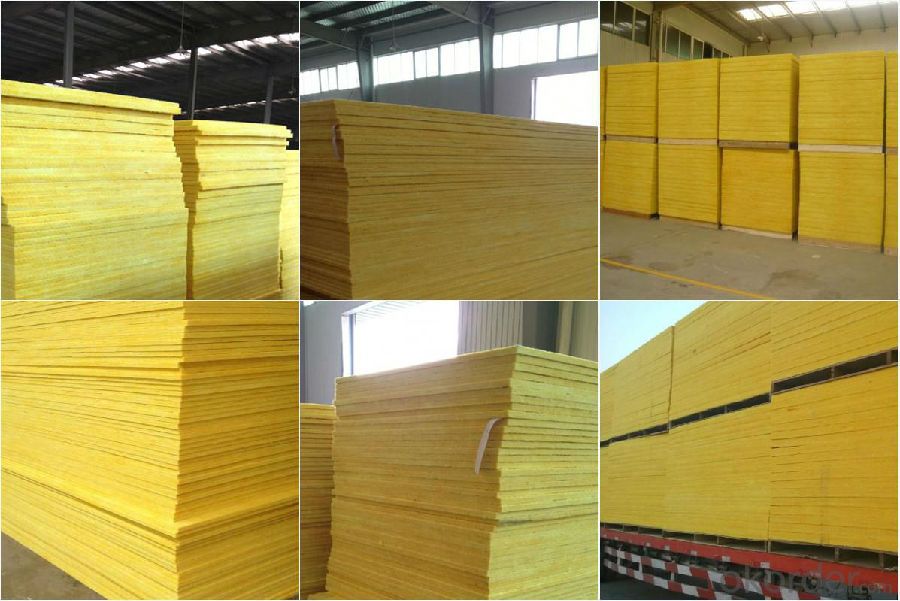
4. Glass Wool Insulation Blanket Technical Parameters:
Property | High/low temperature resistance, oil and fuel resistance, weathering resistance, O zone resistance etc. |
Shape | According to your requirement. |
Color | Any color is available ,according to your requirements. |
Material | NBR, CR, SBR, EPDM, IIR, NR, EP, Silicone, VITON etc. |
Hardness | 30-90ShoreA |
Delivery | In 10 days |
Packing | Plastic bag & carton box or according to your requirements. |
Application | Electronic field, industrial machine & equipment, house-hold appliance, telecommunication, automobile, medical equipment industry etc. |
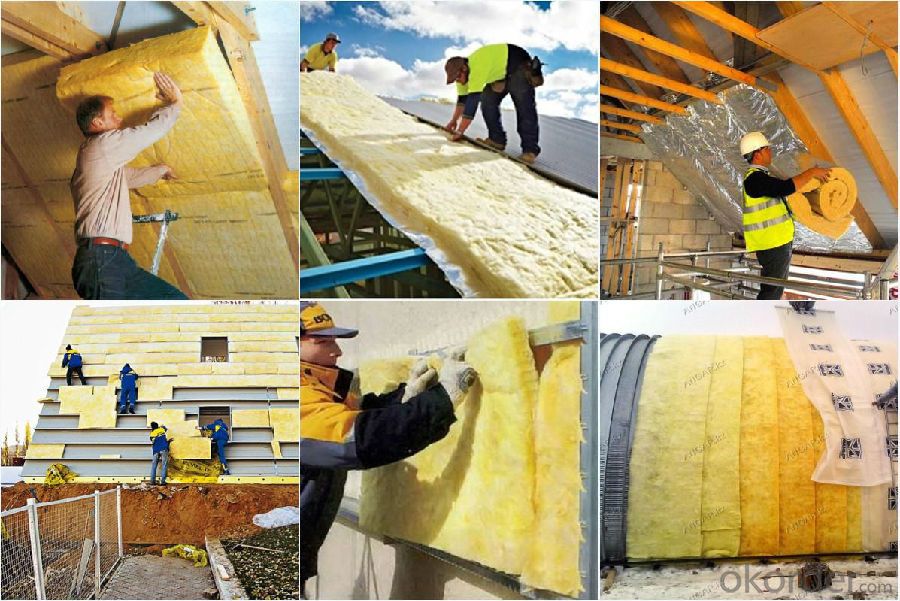
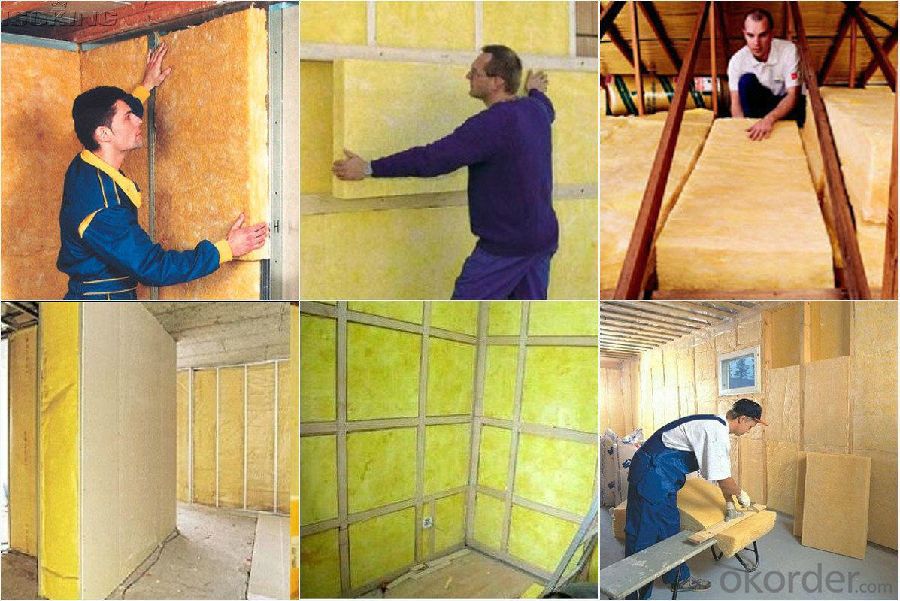
5.FAQ
We have organized several common questions for our clients,may help you sincerely:
①How about your company?
A world class manufacturer & supplier of Glass Wool Blanket is one of the large scale professional investment casting production bases in China,consisting of both casting foundry forging and machining factory. Annually more than 8000 tons Precision casting and forging parts are exported to markets in Europe,America and Japan. OEM casting and forging service available according to customer’s requirement.
②How to guarantee the quality of the products?
We have established the international advanced quality management system every link from raw material to final product we have strict quality test; We resolutely put an end to unqualified products flowing into the market. At the same time, we will provide necessary follow-up service assurance.
- Q:Can fiberglass mat tissue be used for automotive repairs?
- Automotive repairs can indeed utilize fiberglass mat tissue. This versatile material finds its application across various industries, including the automotive sector. It serves to reinforce and mend auto body panels, while also addressing cracks, holes, and other damages that may afflict the vehicle's body. Comprised of resilient fibers held together by a resin, fiberglass mat tissue boasts exceptional strength and flexibility. As a result, it proves to be an ideal choice for automotive repairs. Its malleability allows it to conform to different contours and shapes of car parts, ensuring a seamless and precise restoration. Moreover, fiberglass mat tissue possesses the desirable qualities of being lightweight and durable, both of which are vital attributes for automotive repairs. It offers unparalleled resistance against corrosion, weathering, and other external elements, thereby guaranteeing the longevity of the repair. Additionally, it provides reliable impact resistance, effectively safeguarding the repaired area from further harm. Furthermore, fiberglass mat tissue harmonizes effortlessly with a wide range of automotive coatings, including primers, paints, and clear coats. This compatibility ensures a flawlessly smooth and professional finish once the repair work is completed. To summarize, fiberglass mat tissue stands as an appropriate choice for automotive repairs due to its formidable strength, flexibility, durability, and compatibility with automotive coatings. It is commonly employed in the industry to reinforce and mend auto body panels, address damages, and achieve an impeccable finish.
- Q:How does the density of fiberglass mat tissue impact its performance?
- The performance of fiberglass mat tissue is significantly impacted by its density. This nonwoven material is made up of glass fibers that are randomly dispersed and held together by a binder. Density refers to the number of fibers present in a given volume of the material. Increased density of fiberglass mat tissue generally leads to enhanced mechanical properties and performance. The higher density means there are more glass fibers in each unit volume, resulting in improved strength, stiffness, and durability. This makes the material more resistant to tearing, puncturing, and abrasion, which is especially important in applications where the tissue is exposed to harsh conditions or heavy loads. Furthermore, higher-density fiberglass mat tissue offers superior thermal insulation properties. The increased fiber content allows for better heat resistance, making it suitable for applications that require thermal protection, such as insulation boards or fireproofing materials. Conversely, lower density of fiberglass mat tissue can offer advantages in certain applications. Lower-density tissues are generally more flexible and have better conformability, allowing them to easily adapt to irregular surfaces or complex shapes. This makes them suitable for applications where flexibility or conformability is a primary requirement, such as in the automotive or aerospace industries. In conclusion, the density of fiberglass mat tissue is critically important in determining its performance characteristics. Whether a higher or lower density is preferred depends on the specific requirements of the application, taking into account factors such as strength, stiffness, durability, thermal insulation, flexibility, and conformability.
- Q:Is fiberglass mat tissue resistant to corrosion?
- Yes, fiberglass mat tissue is resistant to corrosion. Fiberglass is made of non-metallic substances, such as glass fibers, that do not rust or corrode like metals do. This makes fiberglass mat tissue an ideal material for applications where corrosion resistance is required, such as in the construction industry for reinforcing concrete structures or in the marine industry for boat building. Additionally, fiberglass mat tissue is also resistant to chemicals, moisture, UV rays, and extreme temperatures, further enhancing its durability and longevity.
- Q:Can fiberglass mat tissue be used for repairing fiberglass jet skis?
- Yes, fiberglass mat tissue can be used for repairing fiberglass jet skis. It is a common material used in fiberglass repairs, providing strength and reinforcement to the damaged area.
- Q:Is fiberglass mat tissue compatible with vacuum infusion processes?
- Indeed, compatibility exists between vacuum infusion processes and fiberglass mat tissue. Frequently, fiberglass mat tissue finds application as a reinforcement material in composite manufacturing procedures, which encompass vacuum infusion. The vacuum infusion process encompasses the utilization of a vacuum to eliminate air and guarantee thorough impregnation of the fiberglass mat tissue with resin. The porous quality of the fiberglass mat tissue permits resin to pass through and thoroughly saturate the fibers, leading to the creation of a sturdy and long-lasting composite component. Consequently, fiberglass mat tissue emerges as an optimal selection for vacuum infusion processes.
- Q:Is fiberglass mat tissue chemically resistant?
- Indeed, fiberglass mat tissue possesses chemical resistance. Crafted from finely dispersed glass fibers that are haphazardly arranged and held together with a resin binder, this composition endows the material with superb resistance to an extensive array of chemicals, encompassing acids, alkalis, solvents, and oils. It frequently finds utility in sectors like chemical processing, petrochemicals, and wastewater treatment, where encounters with diverse chemicals are prevalent. The chemical resilience of fiberglass mat tissue renders it a fitting selection for applications that necessitate protection against corrosion and long-lasting sturdiness.
- Q:Does fiberglass mat tissue provide any acoustic insulation?
- Fiberglass mat tissue does provide some degree of acoustic insulation. Due to its fibrous structure, it can absorb sound waves and reduce their transmission through walls or other surfaces. However, it is important to note that the level of acoustic insulation provided by fiberglass mat tissue may vary depending on various factors such as thickness, density, and the specific application. In some cases, additional layers or thicker materials may be required to achieve optimal acoustic insulation.
- Q:How does the cost of fiberglass mat tissue compare to other reinforcement materials?
- The cost of fiberglass mat tissue generally tends to be more affordable compared to other reinforcement materials. Fiberglass mat tissue is widely used in various industries, such as construction and automotive, due to its cost-effectiveness. Other reinforcement materials like carbon fiber or aramid fibers can be significantly more expensive, making fiberglass mat tissue a preferred choice for many applications that require reinforcement. Additionally, fiberglass mat tissue offers excellent strength and durability, making it a cost-effective solution for projects that require reliable reinforcement without breaking the budget.
- Q:Can fiberglass mat tissue be used in corrosive environments?
- Fiberglass mat tissue can be used in corrosive environments to some extent, but its resistance to corrosion depends on the specific composition and quality of the material. Fiberglass mat tissue is typically manufactured using a combination of fiberglass strands and a binder material. While fiberglass itself is generally resistant to corrosion, the binder material used in the mat tissue can vary and affect its resistance to corrosive environments. Some binders may provide better protection against corrosion, while others may be more susceptible to degradation. To enhance the corrosion resistance of fiberglass mat tissue in corrosive environments, additional protective coatings or treatments can be applied. These coatings can provide a barrier against the corrosive elements and extend the lifespan of the material. It is important to consider the specific corrosive environment and consult with experts or manufacturers to determine the suitability of fiberglass mat tissue for a particular application. They can provide guidance on the ideal composition, treatment, and any necessary precautions to ensure optimal performance and durability in corrosive environments.
- Q:Does fiberglass mat tissue provide good moisture control?
- Fiberglass mat tissue does provide good moisture control. It is a widely used material in construction and insulation applications due to its excellent moisture resistance properties. The composition of fiberglass, which is made from fine fibers of glass, allows it to repel moisture effectively. This characteristic makes fiberglass mat tissue a suitable choice for areas where moisture control is important, such as in walls, roofs, and ceilings. Additionally, fiberglass mat tissue is often used as a vapor barrier, preventing the passage of water vapor and further enhancing its moisture control capabilities. Overall, fiberglass mat tissue is known for its ability to provide good moisture control, making it a reliable option in various construction and insulation projects.
1. Manufacturer Overview |
|
|---|---|
| Location | |
| Year Established | |
| Annual Output Value | |
| Main Markets | |
| Company Certifications | |
2. Manufacturer Certificates |
|
|---|---|
| a) Certification Name | |
| Range | |
| Reference | |
| Validity Period | |
3. Manufacturer Capability |
|
|---|---|
| a)Trade Capacity | |
| Nearest Port | |
| Export Percentage | |
| No.of Employees in Trade Department | |
| Language Spoken: | |
| b)Factory Information | |
| Factory Size: | |
| No. of Production Lines | |
| Contract Manufacturing | |
| Product Price Range | |
Send your message to us
Fireproof Glasswool / Glass wool insulation
- Loading Port:
- Tianjin
- Payment Terms:
- TT OR LC
- Min Order Qty:
- 5000 m²
- Supply Capability:
- 20000 m²/month
OKorder Service Pledge
OKorder Financial Service
Similar products
New products
Hot products
Hot Searches
Related keywords

